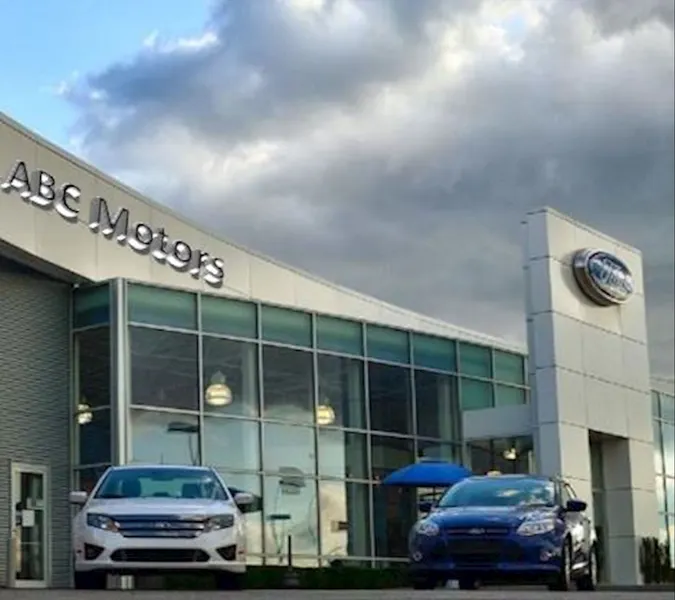You can upgrade your engine all you want, but it's tires that'll really make you faster. Brian Silvestro By Brian Silvestro Apr 10, 2017 If you're an avid Road & Track reader, you already know tires are one of the easiest, most effective ways to make your car perform better. But how much does tire performance really matter in real-world situations? Jason Fenske of Engineering Explained decided it was time to swap out the old, mismatched all-seasons on his Honda S2000 for a set of high-performance Bridgestone RE-71R summer tires. In order to show us how much of a difference the rubber upgrade made, Fenske measured stopping distances from 60 mph on both sets, and the results are pretty astonishing. While the all-seasons were only able to manage a 60-0 run of 136 feet, the new summers pulled off the same stop using just 107 feet—almost 30 feet less. Additionally, the Bridgestones were able to generate 20 percent more g-forces of deceleration, giving us an idea of just how effective they are. Watch for yourself as Fenske explains the importance of good tires using cold hard data.
See More Info
This Is Why You Don't Buy Cheap Tires in OLIVE BRANCH, MS












